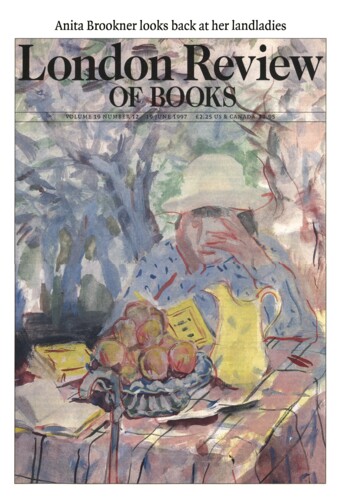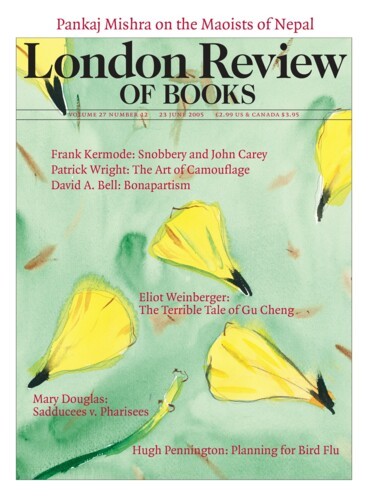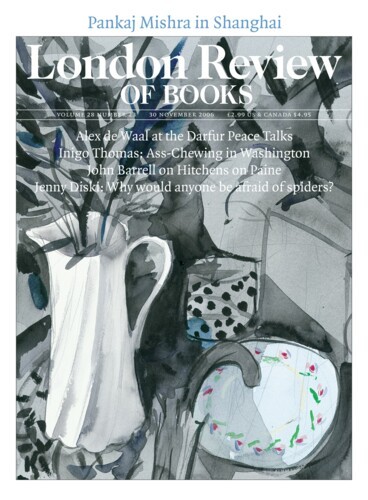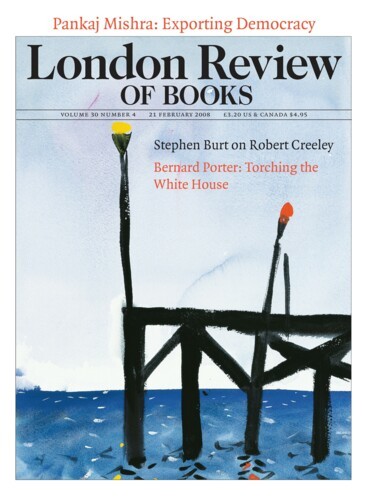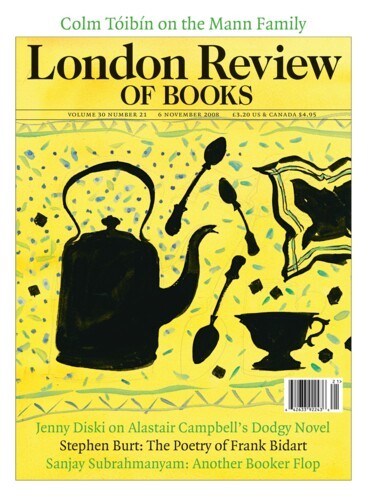Diary: India’s New Class
Pankaj Mishra, 19 June 1997
As I write, India is about to have its third prime minister in less than eleven months, but such apparent instability seems to concern New Delhi’s chattering classes only in so far as they worry about what the rest of the world might think. Evidently, or so the popular belief goes, in this 50th year of independence, the world’s eyes are trained on India. Accordingly, we must do nothing that shows the country in ‘a bad light’. The suggestion that if the world does spare a glance at India, it may notice some not very attractive features, is deeply resented. But then the self-esteem of the metropolitan bourgeoisie is a fragile thing. ‘Don’t talk to me about poverty and all that, please,’ the bright young trainee at the Indian Express admonishes me. ‘Every country has that. After all, India has survived as a democracy. Isn’t that great? Even Time magazine said so.’
